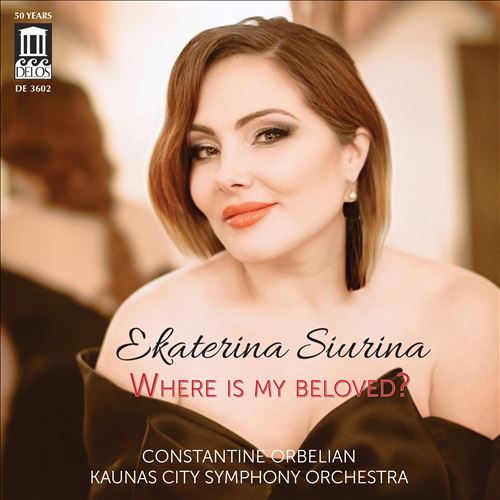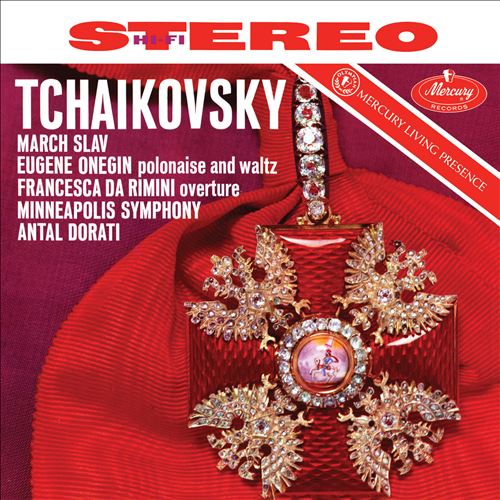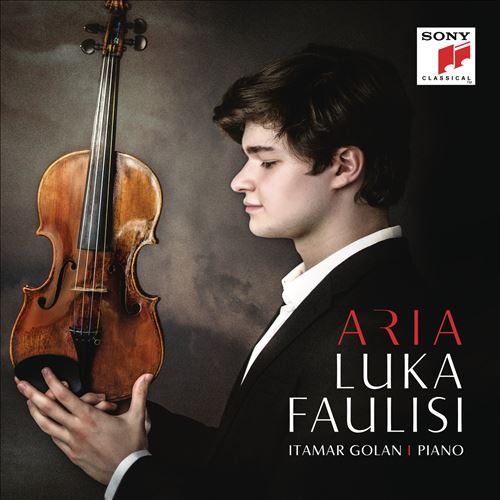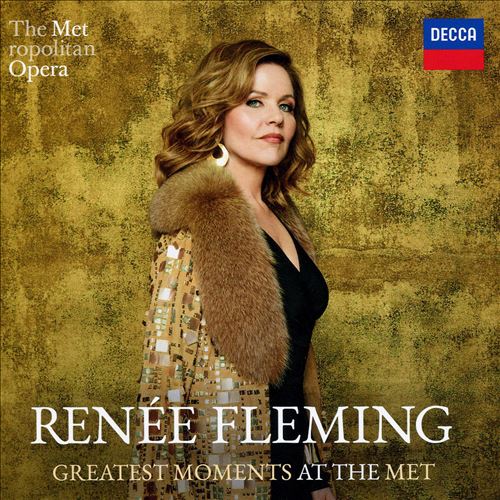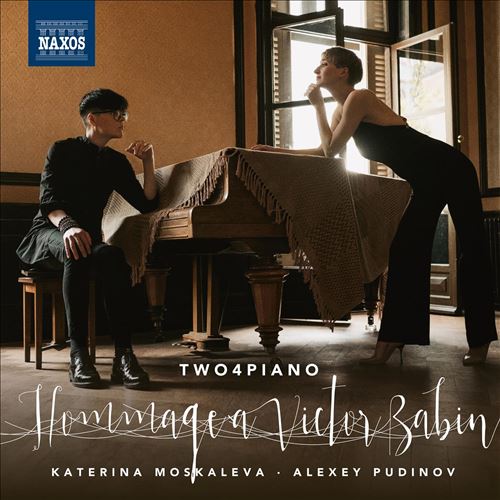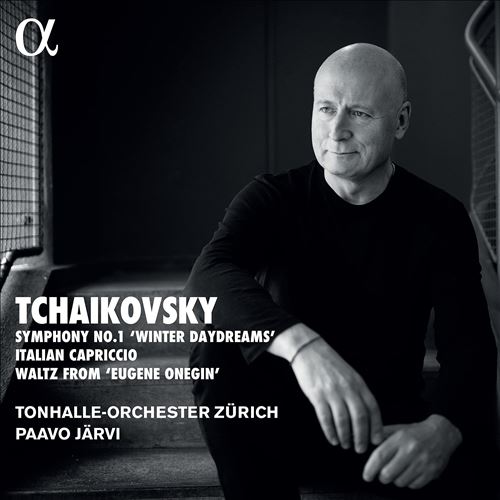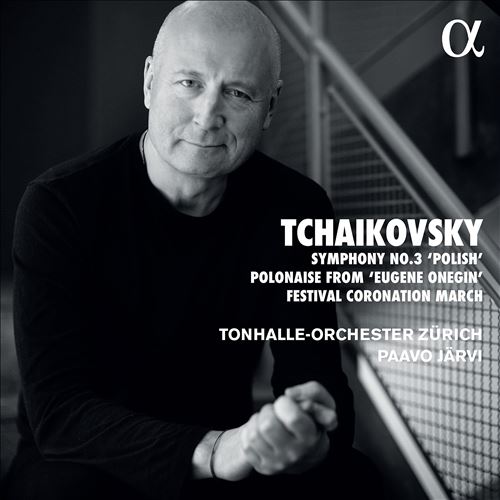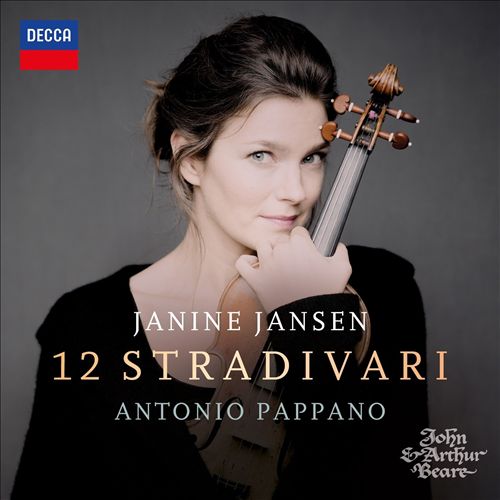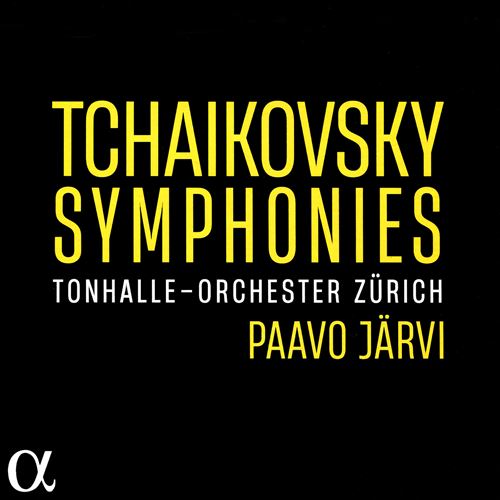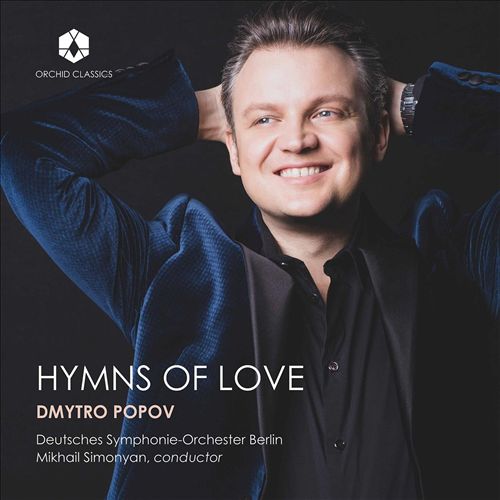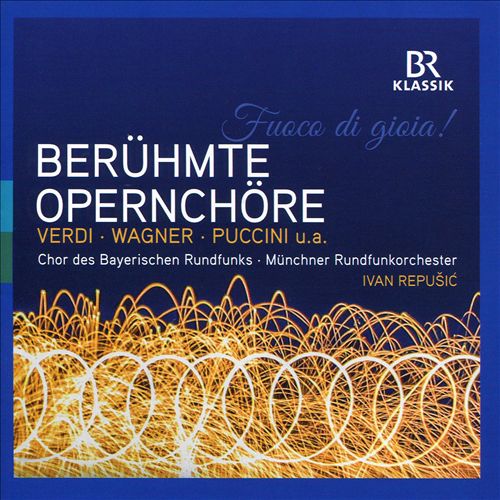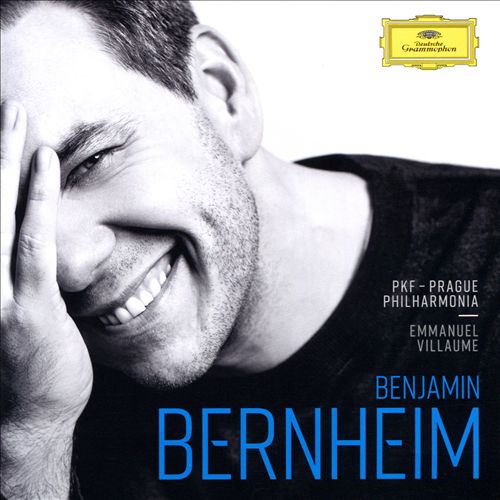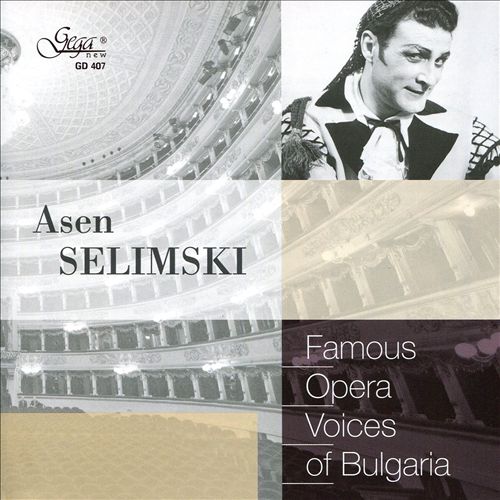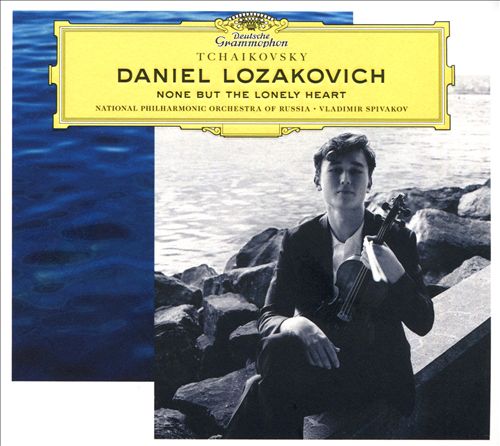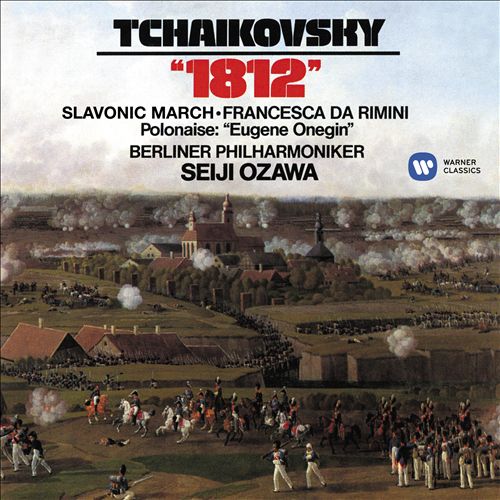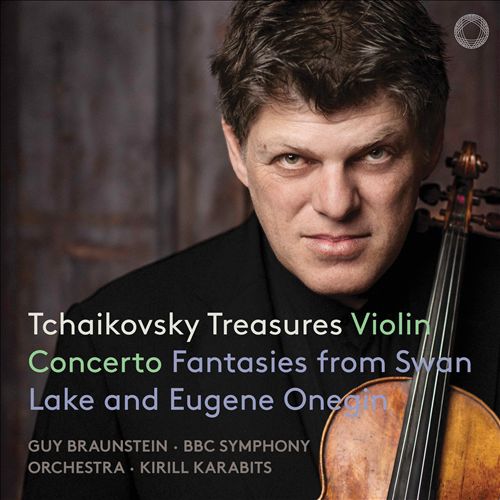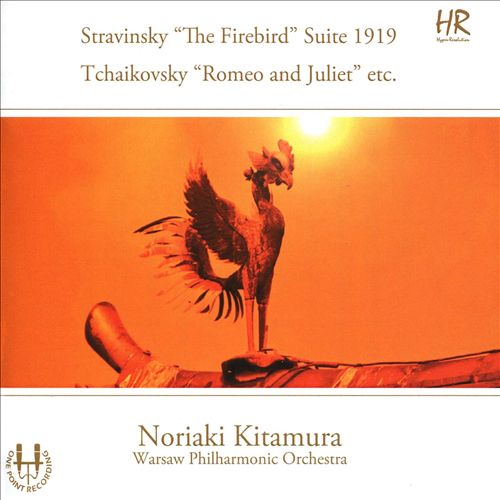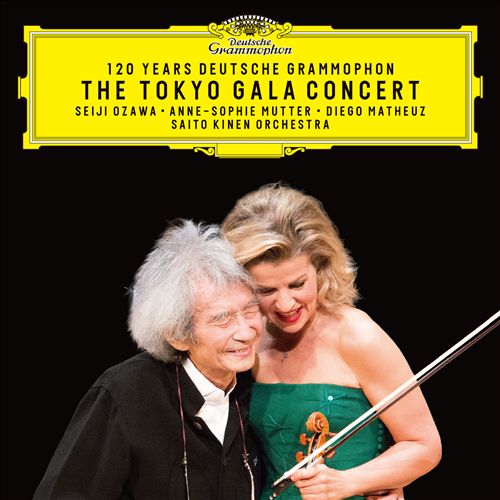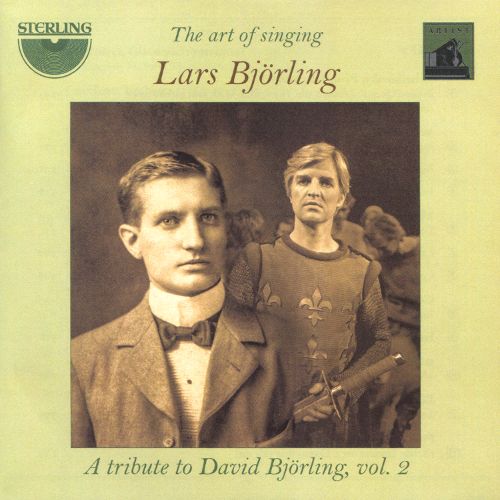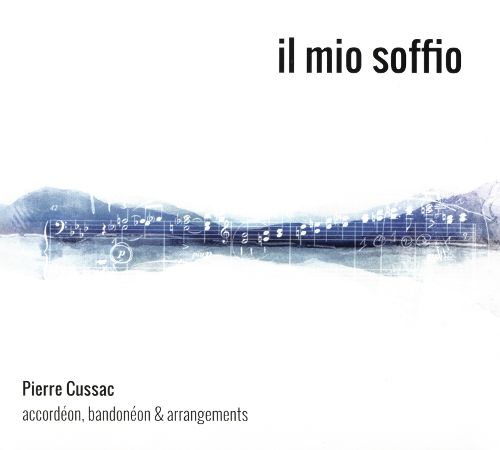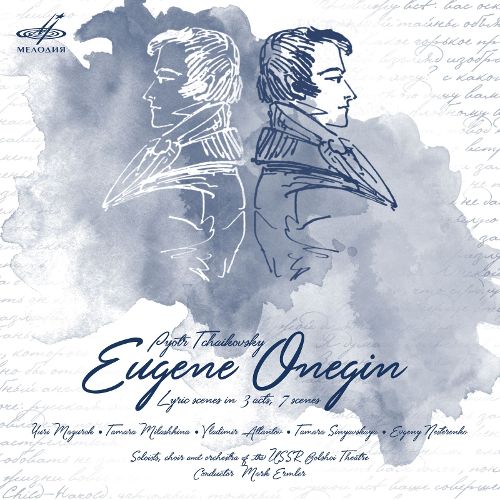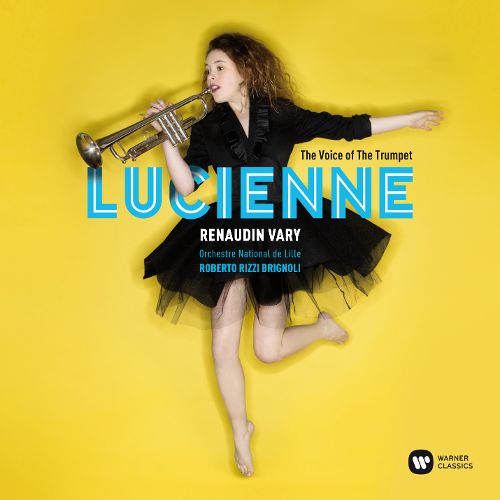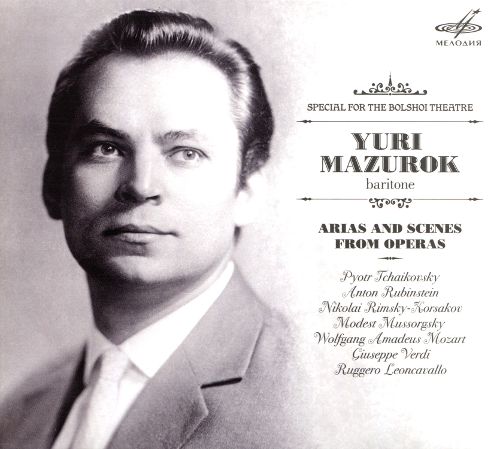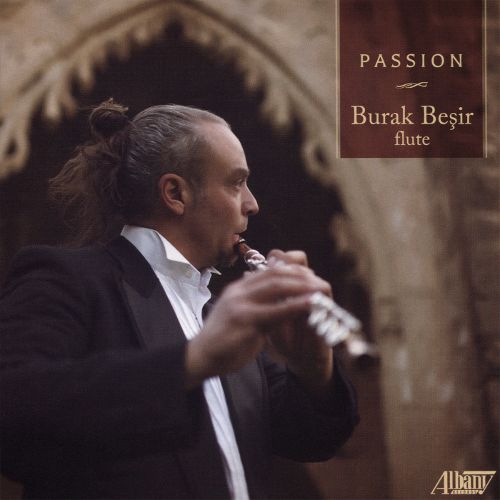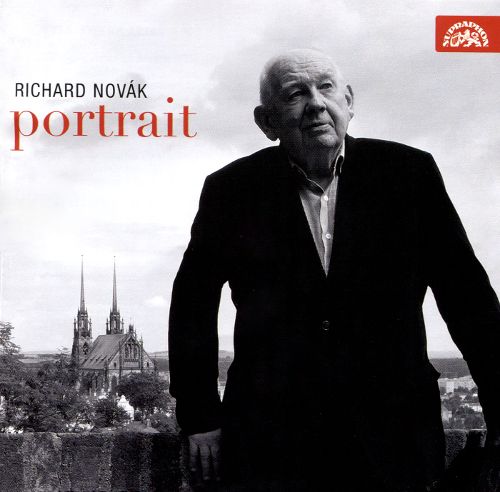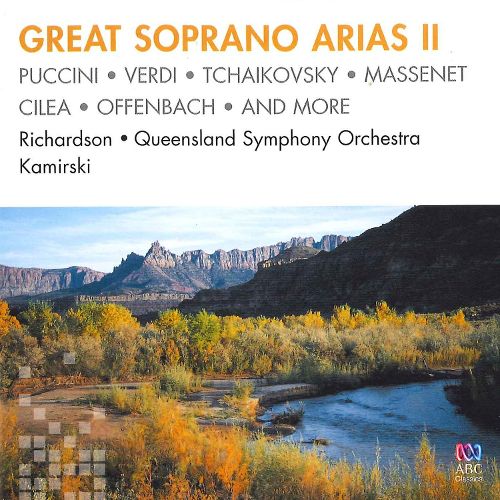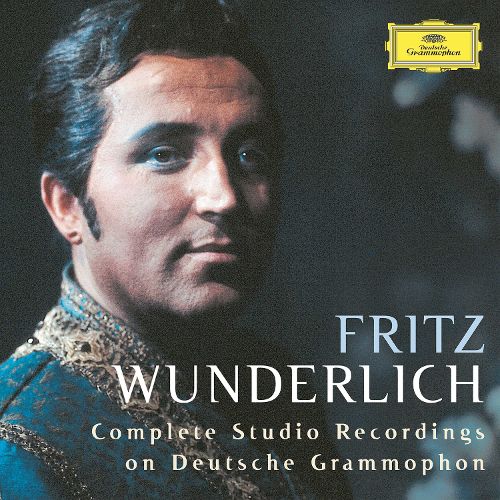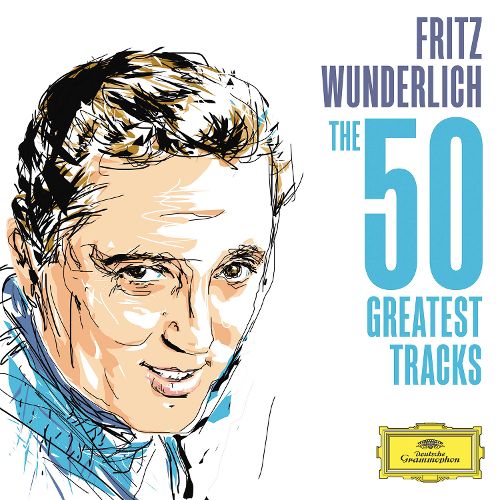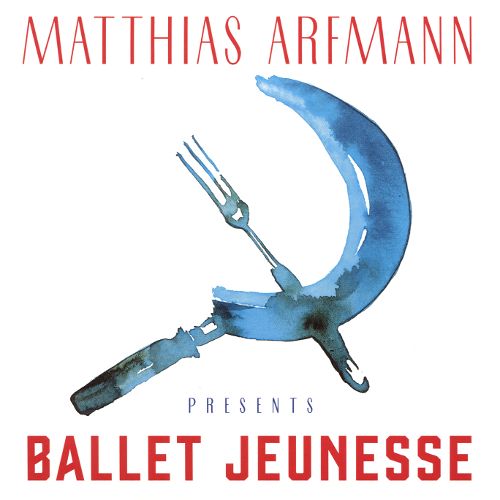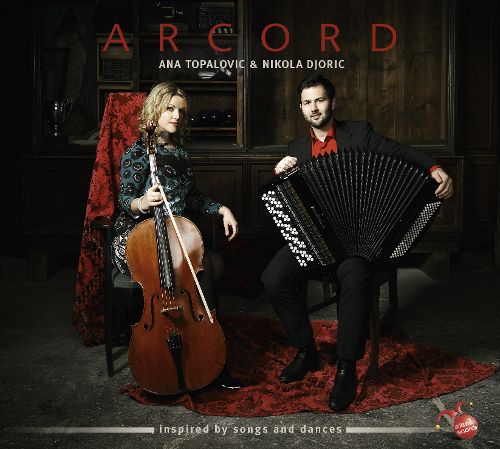Pyotr Il'yich Tchaikovsky (표트르 일리치 차이콥스키)
Eugene Onegin
100
10,000
1,400
WORK INFO
작곡가: Pyotr Il'yich Tchaikovsky (표트르 일리치 차이콥스키)작곡년도: 1877 - 1878평균연주: 137:33악장1Act 1, Scene 1 : Introduction2:172Act 1, Scene 1 : Duet & Quartet4:593Act 1, Scene 1 : Chorus & Peasant's Dance4:534Act 1, Scene 1 : Scena & Olga's Arioso3:225Act 1, Scene 1 : Scena (No. 4)3:006Act 1, Scene 1 : Scena & Quartet3:187Act 1, Scene 1 : Scena (No. 6)5:408Act 1, Scene 1 : Lenskii's Arioso5:279Act 1, Scene 1 : Closing Scena2:3710Act 1, Scene 2 : Introduction & Scena with the Nurse6:3211Act 1, Scene 2 : Letter Scene11:0012Act 1, Scene 2 : Scena & Duet6:0613Act 1, Scene 3 : Chorus of Maidens2:5614Act 1, Scene 3 : Scena (No. 12)8:2815Act 1, Scene 3 : Onegin's Aria5:1316Act 2, Scene 1 : Entr'acte & Waltz6:2917Act 2, Scene 1 : Scena & Triquet's Couplets5:5918Act 2, Scene 1 : Mazurka & Scena4:0119Act 2, Scene 1 : Finale4:3620Act 2, Scene 2 : Scena (No. 17)2:4621Act 2, Scene 2 : Lenskii's Aria5:3422Act 2, Scene 2 : Duel Scene6:1423Act 3, Scene 1 : Polonaise4:4024Act 3, Scene 1 : Scena & Eccossaise3:4025Act 3, Scene 1 : Prince Gremin's Aria6:1026Act 3, Scene 1 : Scena (No. 21)2:3827Act 3, Scene 1 : Onegin's Arioso4:0628Act 3, Scene 2 : Closing Scena11:47Eugene Onegin, Op. 24, (, Yevgény Onégin) is an opera ("lyrical scenes") in 3 acts (7 scenes), composed by Pyotr Ilyich Tchaikovsky. The libretto, organised by the composer Konstantin Shilovsky, very closely follows certain passages in Alexander Pushkin's novel in verse, retaining much of his poetry. Shilovsky contributed M. Triquet's verses in Act 2, Scene 1, while Tchaikovsky wrote the words for Lensky's arioso in Act 1, Scene 1, and almost all of Prince Gremin's aria in Act 3, Scene 1. Eugene Onegin is a well-known example of lyric opera, to which Tchaikovsky added music of a dramatic nature. The story concerns a selfish hero who lives to regret his blasé rejection of a young woman's love and his careless incitement of a fatal duel with his best friend. The opera was first performed in Moscow in 1879. There are several recordings of it, and it is regularly performed. The work's title refers to the protagonist.
In May 1877, the opera singer Yelizaveta Lavrovskaya spoke to Tchaikovsky about creating an opera based on the plot of Pushkin's verse novel Eugene Onegin. At first this idea seemed wild to the composer, according to his memoirs. Tchaikovsky felt that the novel wasn't properly strong in plot – a dandy rejects a young country girl, she successfully grows into a worldly woman, he tries to seduce her but it is too late. The strength of the novel resided in its character development and social commentary, as well as in the beauty of its literary delivery. Soon enough however and after a sleepless night, Tchaikovsky came to embrace the idea. He was soon growing excited about the suggestion and created the scenarios in one night before starting the composition of the music.From WIKIPEDIA
RELEASED ALBUMS
-
Where Is My Beloved?September 22, 2023
-
Tchaikovsky: Marche Slav; Eugene Onegin Polonaise and Waltz; Francesca da Rimini OvertureJune 23, 2023
-
AriaMarch 10, 2023
-
Her Greatest Moments at the MetJanuary 13, 2023
-
Hommage à Victor BabinDecember 9, 2022
-
Tchaikovsky: Symphony No. 1 'Winter Daydreams''; Italian Capriccio; Waltz from 'Eugene Onegin'May 13, 2022
-
Tchaikovsky: Symphony No. 3 'Polish'; Polonaise from 'Eugene Onegin'; Festival Coronation MarchMay 13, 2022
-
12 StradivariNovember 5, 2021
-
Tchaikovsky SymphoniesOctober 8, 2021
-
Hymns of LoveNovember 20, 2020
-
Fuoco di Gioia!: Berühmte OpernchöreNovember 15, 2019
-
Benjamin BernheimNovember 8, 2019
-
Famous Opera Voices of Bulgaria: Asen SelimskiOctober 18, 2019
-
None but the Lonely HeartOctober 18, 2019
-
Tchaikovsky: 1812, Slavonic March, Francesca da Rimini & Polonaise from Eugene OneginJune 7, 2019
-
Tchaikovsky Treasures: Violin Concerto; Fantasies from Swan Lake and Eugene OneginApril 26, 2019
-
Stravinsky:The Firebird Suite 1919; Tchaikovsky: Romeo and Juliet; Etc.April 5, 2019
-
The Tokyo Gala ConcertJanuary 1, 2019
-
The Art of Singing: A Tribute to David Björling, Vol. 2August 3, 2018
-
Il Mio SoffioJanuary 19, 2018
-
Tchaikovsky: Eugene OneginJanuary 5, 2018
-
The Voice of the TrumpetOctober 13, 2017
-
Arias and Scenes from OperasAugust 4, 2017
-
PassionJune 13, 2017
-
Richard Novak: PortraitNovember 11, 2016
-
Great Soprano Arias IINovember 10, 2016
-
Complete Studio Recordings on Deutsche GrammophonOctober 14, 2016
-
The 50 Greatest TracksSeptember 30, 2016
-
Ballet Jeunesse [Deluxe Edition]September 16, 2016
-
AccordApril 8, 2016
FEATURED MOVIES
-
 12:13차이콥스키: 예브게니 오네긴 act 1FEBRUARY 2013ROYAL OPE RA HOUSE
12:13차이콥스키: 예브게니 오네긴 act 1FEBRUARY 2013ROYAL OPE RA HOUSE -
 07:05차이콥스키: 예브게니 오네긴 Prince Gremin's Aria22.04.2010Mariinsky Theatre Concert Hall
07:05차이콥스키: 예브게니 오네긴 Prince Gremin's Aria22.04.2010Mariinsky Theatre Concert Hall -
 12:13차이콥스키: 예브게니 오네긴 Closing Scena
12:13차이콥스키: 예브게니 오네긴 Closing Scena -
 08:46차이콥스키: 예브게니 오네긴 Lensky Kuda,kuda....2013London
08:46차이콥스키: 예브게니 오네긴 Lensky Kuda,kuda....2013London -
 05:49차이콥스키: 예브게니 오네긴 Lenskii's AriaDecember 2010Louisiana Museum of Modern Art, Denmark
05:49차이콥스키: 예브게니 오네긴 Lenskii's AriaDecember 2010Louisiana Museum of Modern Art, Denmark -
 06:43차이콥스키: 예브게니 오네긴 PolonaiseIrkutsk
06:43차이콥스키: 예브게니 오네긴 PolonaiseIrkutsk -
 06:19차이콥스키: 예브게니 오네긴 WaltzDecember 2013Bucharest Radio Philharmony
06:19차이콥스키: 예브게니 오네긴 WaltzDecember 2013Bucharest Radio Philharmony -
 04:37차이콥스키: 예브게니 오네긴 Polonaise
04:37차이콥스키: 예브게니 오네긴 Polonaise -
 08:19차이콥스키: 예브게니 오네긴 Waltz
08:19차이콥스키: 예브게니 오네긴 Waltz -
 05:40차이콥스키: 예브게니 오네긴 Lenskiis Aria
05:40차이콥스키: 예브게니 오네긴 Lenskiis Aria -
 07:02차이콥스키: 예브게니 오네긴 Kuda, kuda vy udalilis
07:02차이콥스키: 예브게니 오네긴 Kuda, kuda vy udalilis -
 07:29차이콥스키: 예브게니 오네긴 Letter Scene part 2 of 2
07:29차이콥스키: 예브게니 오네긴 Letter Scene part 2 of 2
ALBUM MUSIC
WORKS SHOUTS


